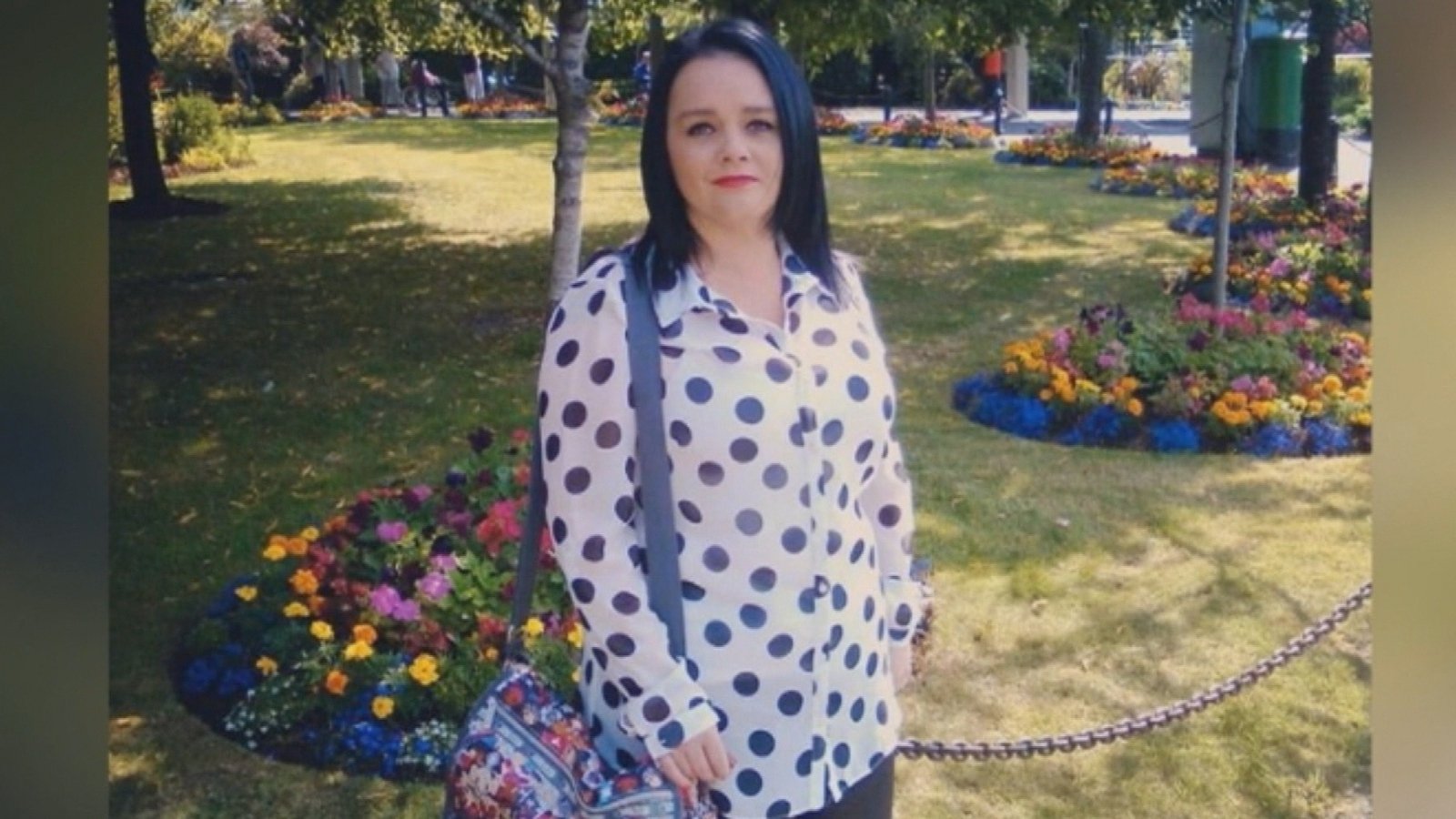World
Man fails in bid to overturn conviction for wife’s murder

A man who stabbed his wife to death has failed in a bid to overturn his conviction at the Court of Appeal.
Alan Ward, 56, murdered Catherine Doyle, 41, at their home at Greenfort Drive, Clondalkin, Dublin 22, on 1 March 2019.
Ward had denied the charge, arguing that his responsibility was diminished due to a mental disorder brought on by a stroke he suffered two years earlier.
His trial heard that he had a long history of violence towards his wife and others prior to suffering the stroke.
As the court sat to deliver its judgment, Giollaíosa Ó Lideadha SC, for Ward, said he had just become aware that his client believes that forms relevant to his defence were not put before the trial court.
Mr Ó Lideadha said he did not know what material his client was referring to and asked for an adjournment to allow the legal team to discuss the matter further.
He said Ward had also told him that due to difficulties arising from his stroke, his client did not understand what was happening during his trial.
The three-judge court refused the application to adjourn and the judgment was delivered by Ms Justice Úna Ní Raifeartaigh.
She said that Ward had been married for 23 years and had a history of domestic violence and a long history of alcohol abuse.
He developed communication difficulties following a stroke in 2017 and two years later he stabbed his wife to death upstairs in their home.
When his son Adam came to help, having heard a bang, Ward attempted to slash him with the knife and threatened to kill him.
At his trial, Ward relied primarily on the defence of diminished responsibility due to a mental disorder brought on by his stroke. Had the jury accepted that defence, they would have convicted him of manslaughter rather than murder.
Two experts told the trial that Ward did have a mental disorder but they differed on whether his actions were better explained by that disorder or by intoxication.
Ward’s legal team argued that the prosecution expert should not have been allowed to offer his opinion that alcohol was the greater factor.
Ms Justice Ní Raifeartaigh rejected that argument, saying the expert’s evidence would have been incomplete and artificial had he not offered his opinion on how the mental disorder interacted with intoxication.
She said the trial judge was careful to point out that the ultimate decision regarding diminished responsibility was for the jury.
The court rejected three further grounds of appeal, saying they were not satisfied Ward had been able to show that his trial was unfair or unsatisfactory.
At Ward’s trial, Dr Damian Smith offered the opinion that having regard to the background circumstances, in particular the history of violence and abuse, alcohol intoxication was the more likely cause of the appellant’s behaviour in killing the deceased.
Dr Smith said he was not satisfied that the brain injury caused by a stroke in 2017 was sufficient to diminish Ward’s responsibility, although he said the final decision was a matter for the jury.
The defence had called consultant psychiatrist Dr Paul O’Connell who said a combination of brain damage and PTSD were present in Ward but that this was complicated by alcohol misuse.
Giving evidence at the trial, Dr O’Connell said it was up to the jury to decide if Ward should be found to have diminished responsibility due to his mental disorder and he therefore would not offer his own opinion.
The trial also heard that Ward was convicted in 2002 of assaulting his wife causing her harm.
Gardaí were called to their home to respond to domestic disputes five times over the years.
When he lived in Tallaght, Ward got into a fight with a neighbour and stabbed him in the neck with a Samurai sword.
Gardaí were called to that incident but Ward’s neighbour decided not to make a complaint, the trial heard.










